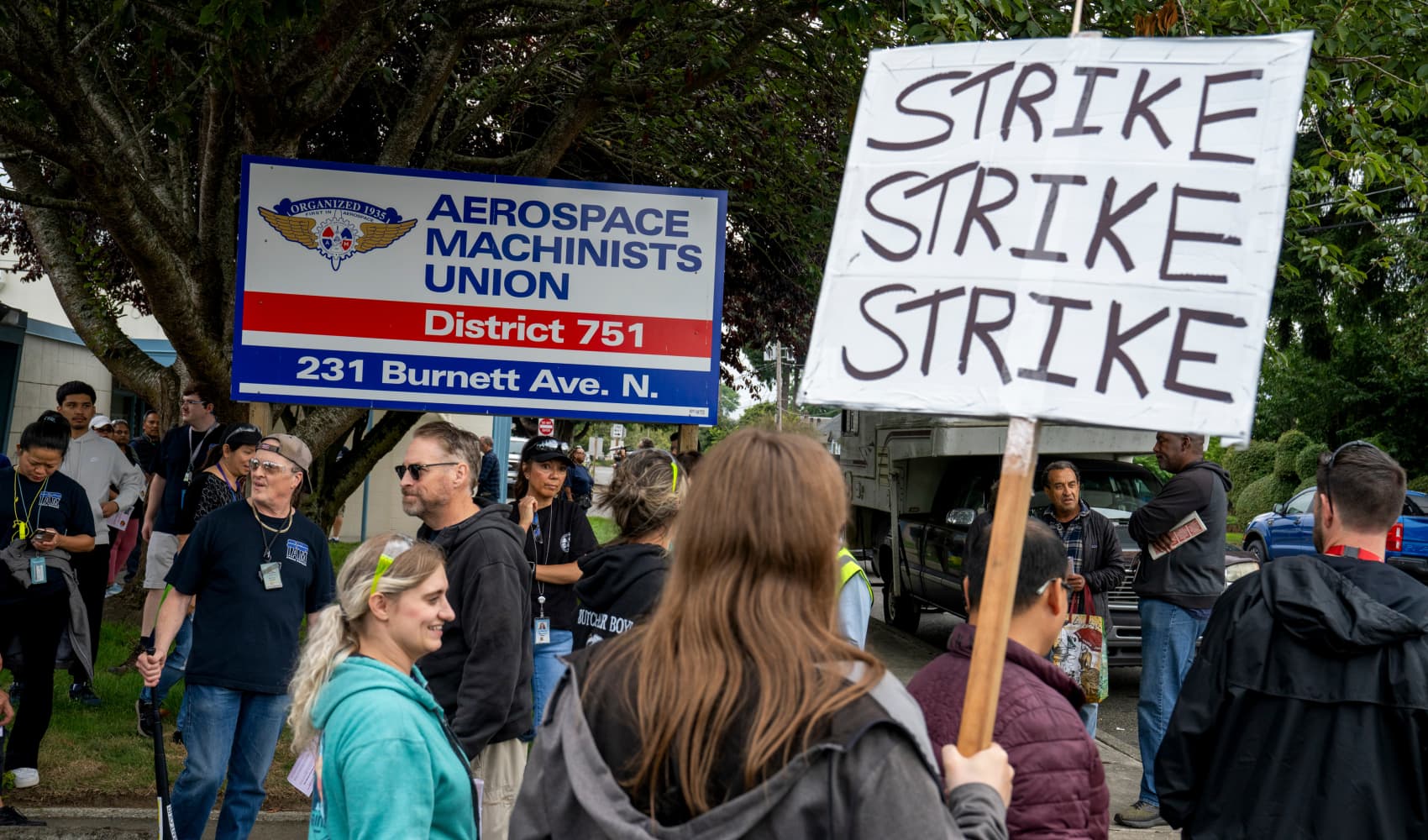
For years, I didn't enjoy eating at fine dining establishments. The staff was always overly formal, the menu items were unfamiliar, and the restaurants were rarely transparent about how much it would all cost.
Many diners share this sentiment, says Tara Lewis, a trend expert and vice president of consumer expansion at Yelp.
"If you have not been exposed to it before, it's daunting," she says.
There are ways you can prepare for your meal and engage with servers and chefs once seated so you can get the most out of one of the pricier eating experiences you'll probably ever have.
Get top local stories in DFW delivered to you every morning. Sign up for NBC DFW's News Headlines newsletter.
Here are three tips from Lewis and chefs in New York City and Washington D.C. for how to best enjoy your time at a fine dining restaurant.
1. Call ahead
If you want to become more familiar with a restaurant's cuisine or pricing beforehand, you probably check their website. But many fine dining establishments offer pre-fixe meals with a set cost that isn't always available ahead of time or rotating menus, so it's not clear what will actually be served that night.
Money Report
If that's the case and you have questions, don't hesitate to call.
"A lot of fine dining establishments may not be transparent about price on their website," Lewis says. "It's not a problem to call ahead and just ask and confirm if those price points are of any concern as well."
You'll probably enjoy your meal more if you don't feel blindsided by a dish or its price.
2. Be on time
Don't be more than 15 minutes late, Alessandro Farruggio, general manager of Washington, DC's Il Canale, told Yelp.
"Our restaurant is always fully booked, so if we can sit at another table during the time we're waiting for the reservation [to arrive], we can get more active sales," he says.
Bu for timed pre-fixe meals, like an Omakase dinner, it's crucial to be on time, says Shin Yamaoka, chef at Omakase Room by Shin in New York City.
"It is important to keep in mind that the other guests at the counter are waiting on you if you are late, which can disrupt the experience for both the chef and other guests," he says.
3. If you don't like something, be discreet.
Fine dining establishments can feel rigid, which makes sending a dish back even more uncomfortable.
But it's OK to express that something in your order is wrong or not to your liking if you do so at a respectful volume, Lewis says.
"Be discreet and provide the specific feedback so they understand exactly why this wasn't aligned or why it wasn't a great fit," Lewis says.
Ultimately, the chef wants you to have a good experience.
"I think most fine dining establishments really want to deliver in a manner that really does accommodate their customers," she says.
Yamaoka encourages diners to inquire about dishes throughout the meal.
"I suggest that guests interact with the chef, observe carefully, ask questions, and really take a moment to appreciate the work and the process of Omakase to make for an amazing experience," he says. "Engaging in your meal allows you to learn more about the chef and the food."
Want to land your dream job? Take CNBC's new online course How to Ace Your Job Interview to learn what hiring managers really look for, body language techniques, what to say and not to say, and the best way to talk about pay.
Plus, sign up for CNBC Make It's newsletter to get tips and tricks for success at work, with money and in life.






